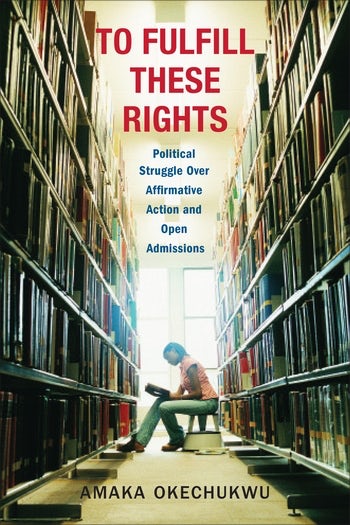Mark C. Taylor in The Chronicle of Higher Ed
The Chronicle Review recently featured Mark C. Taylor highlighting his new philosophical memoir Field Notes from Elsewhere: Reflections on Dying and Living and his provocative views about academia’s status quo.
In his article Eric Banks, calls Taylor’s memoir of his near-death experience “earnest” and “at times painfully honest.” Banks writes:
“Much in Field Notes is an examination of how those [personal] roots unexpectedly inflect his reading and his teaching; it leads him to theologically and philosophically rich discussions on the meaning of place and placelessness, pleasure and money, survival, autoimmunity, cancer, and the body…. The book is a jigsaw of coincidences and late thoughts—a strategy on Taylor’s part to reach an audience he hadn’t attempted to write for previously but for whom he feels he has much to say about the relation between philosophy and theology to the everyday business of living. ‘The reason certain things are interesting to me is that they help me deal with life,’ he says. ‘In that sense, the pedagogical value of these ideas is to deal with life as it comes up. The issues in Field Notes are issues and questions everyone has to ask. The challenge to the writer and teacher is to give people resources to deal with those issues when they arise.'”
The article also examines some of the controversial positions Taylor has taken in regards to tenure, disciplinary structures, peer review and other cornerstones of academia. In his much-discussed and much-debated New York Times op-ed, Taylor called graduate education “the Detroit of higher learning.” Banks writes:
“Arts and humanities are in great trouble, [Taylor] argues, because the patronage system is breaking down and programs will have no way of paying their own way. Rather than call for a new system of patronage, though, Taylor turns cavalier about the future of scholarship. ‘Knowledge for knowledge’s sake’ is fine if somebody else is paying the bills,’ he says, while claiming that 80 percent ‘of ‘so-called scholarship’ is a drag on a system that has become a bubble waiting to pop. ‘You have graduate students finishing their education $100,000, $150,000 in debt, with no prospects for a job. Debt is a problem on the institutional level, the student level, and the parental level.”






